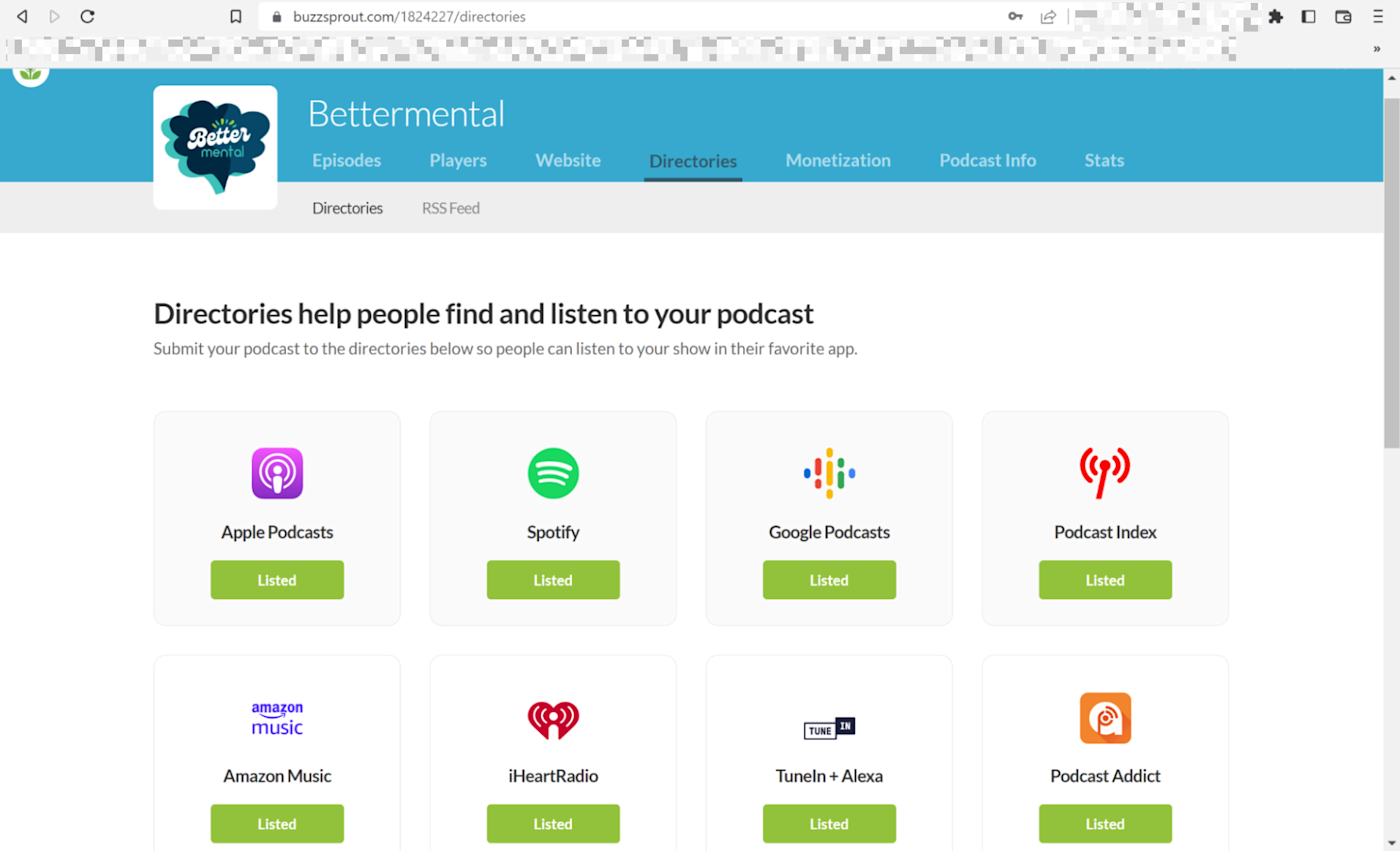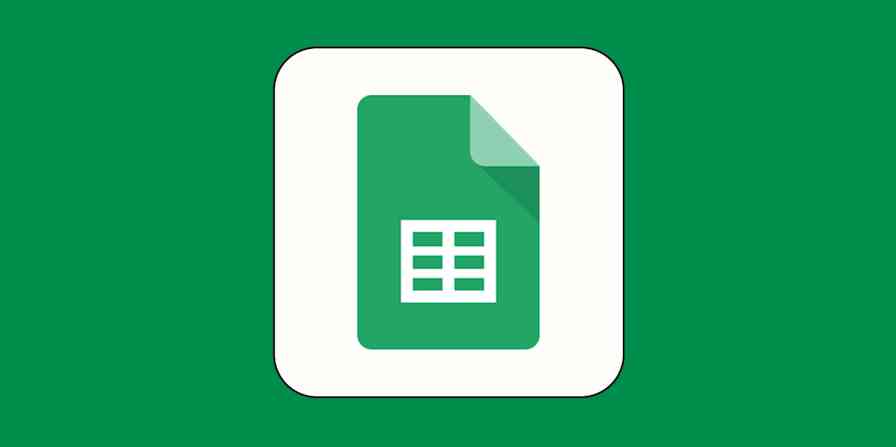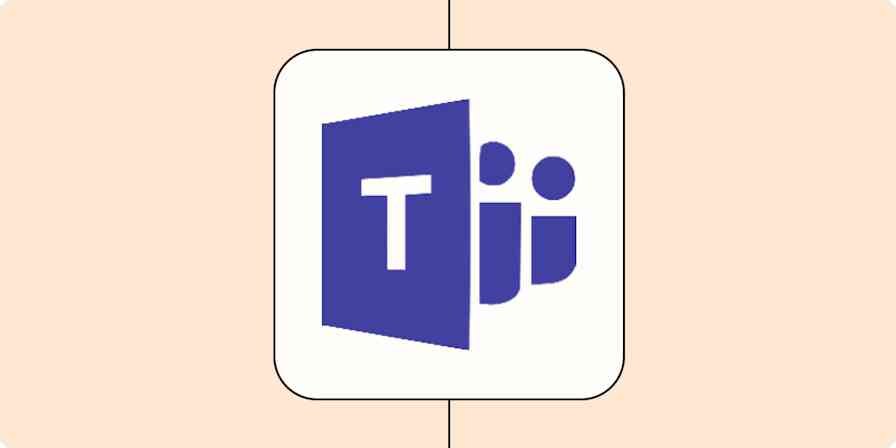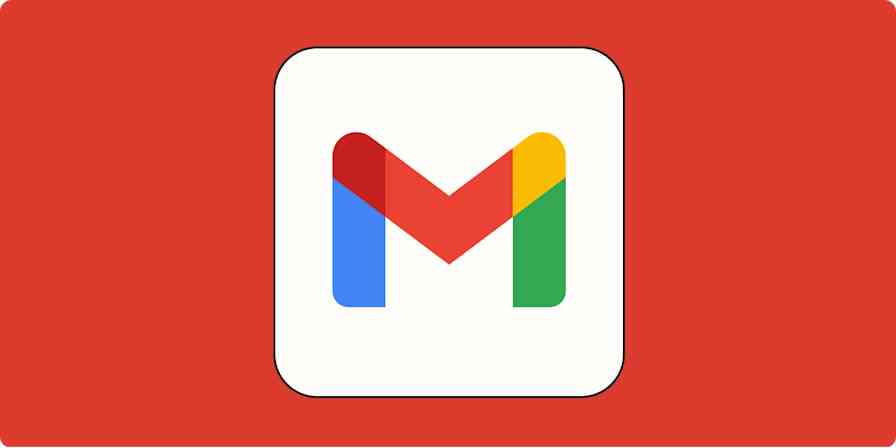When I produced my first podcast, I knew a little about audio editing but zilch about hosting and distribution. Five years later, I've worked with a bunch of different podcast hosting platforms, and I'm still looking for the perfect fit.
Based on my experiences with various podcast hosting platforms—and my inability to find one that checks all the boxes—I have some tips for how to narrow down your options.
What is podcast hosting?
Podcast hosting is a space to upload and store media, launch and optimize episodes, and share with distributors via RSS feed.
There are two main ways to host your podcast: on your website or through a hosting platform.
With a website, you have full control over your podcast and visibility into stats like website traffic and downloads, though you generally have to set up third-party tracking if you want more in-depth insights. Hosting platforms add an additional step to your production process, but they also offer a wide variety of features that you may not have access to otherwise.
Most hosting platforms don't allow you to record or edit audio or video and can't directly connect you to third-party distributors. But as we'll see in a bit, plenty of companies have multiple solutions. So don't mix them up, but do look out for a variety of options.
Here are the podcast hosting platforms I mention in this article (I've tried most of them)—just to give you an idea of what we're talking about:
7 things to consider when you're looking for a podcast hosting platform
Picking a good podcast hosting site can mean the difference between a smooth production and launch process and a giant headache. So take your time to shop around, skim through all those "best podcast hosting" roundups, and compare features before you take the plunge.
As you do, here are seven of the biggest factors you'll want to keep in mind.
1. Frequency and storage
How often you publish and the length of your episodes often determines which platforms and packages will work for you. I publish Bettermental once a month, which is fairly infrequent for a podcast. While this allows me more flexibility in terms of storage, some platforms with comprehensive services tailor their packages to podcasts that publish more often.
It's also important to consider past as well as future storage. Can you afford to host your podcast on the same platform long-term? My co-host and I have created several podcasts together over the years, and we didn't want to retire all of them. So after some experimenting, we parked our previous podcast, MxV, at Anchor, a free app that would allow us to continue to share older episodes without paying to host a second podcast.
2. Analytics
What metrics do you want to track? Each hosting platform will bring something a little different to the table.
The most important thing to check in terms of podcast analytics is exactly what and how platforms report. Look for those that offer Interactive Advertising Bureau (IAB)-verified data, which sets industry standards for downloads and weeds out bots and other analytics-killers.
Other performance metrics to look out for:
Episode performance over time (7 days, 30 days, 90 days, etc.)
Number of subscribers or listeners vs. downloads
Audience demographics (gender, location, age, etc.)
Most popular distributing platforms and sources or devices (Apple podcasts, Buzzsprout embeddable player, etc.)
Most and least popular content (time listened, bounce rate, etc.)
We currently host on Buzzsprout, which offers a lot of the above, but won't tell us things like what time of day people listen or when in the episode they drop off. But top podcasting platforms like Apple and Spotify also offer their own performance insights, and you can always add on tools like Google Analytics or Podtrac to supplement your platform's analytics.

3. Integrations
If you're trying to build a social media following or promote your podcast on a website, you'll need a hosting platform that integrates seamlessly with other marketing tools. Look for features like embeddable players, snippets, and options for displaying links to your biggest distributors.
Most importantly, make sure your hosting platform and website play well together. We love our website host, Squarespace, but we recently had to upgrade our package just to make sure we could insert our embeddable player code each month. My personal website, hosted on Ghost, doesn't integrate with Buzzsprout at all, so I have to share SoundCloud links when I publish my blog posts.
If you have a bigger operation, you'll want to be sure your podcast host integrates with the rest of your tech stack using Zapier, which works directly with platforms like Castos, Transistor, and Podcast.co to automate podcasting tasks.
Zapier is a no-code automation tool that lets you connect your apps into automated workflows, so that every person and every business can move forward at growth speed. Learn more about how it works.
4. Monetization
You may not be there yet, but if you want your podcast to earn its keep someday, monetization features will help you get there. Hosting platforms may offer options like:
Ad roll insertion: More of a post-production feature, this allows you to insert unique ads throughout your episode. Transistor offers Dynamic Ad Insertion (DAI), which automatically adds promotional campaigns or announcement clips pre-roll, mid-roll, and post-roll.
Sponsorship opportunities: From marketplaces where you can be chosen by paid advertisers to one-on-one connections with podcast sponsors, the options are endless. Some examples to look into include Libsyn's AdvertiseCast, Spreaker, and Ads by Anchor.
Paid membership platform: This is for you podcasters interested in building a subscription-based following. Hosts like Captivate, Transistor, and RedCircle all specialize in supporting private podcasts.
Donation buttons: Want a more low-key monetization option? Buzzsprout's Support the Show lets you add a payment link call-to-action on every episode description, while RSS.com sends listeners to a customer donation or funding page.
5. Promotion
How do you plan to market your podcast? The great thing about podcasts is that the content can be repurposed and distributed in so many ways. But like any media format, podcast content marketing strategies involve a lot of moving parts, content creation, scheduling, and optimization, so I'm always on the lookout for hosting platform features that make my life just that little bit easier.
Some hosts allow you to add customizable calls-to-action to your podcast landing page or episode description and create supporting content like audiograms or basic social media graphics. One platform we've tried, Podbean, offers social media autoshare posts every time you publish.
And don't forget paid opportunities as well. Many of the hosting platforms that offer ad marketplaces also allow you to place your own ads on different podcasts for a small fee.

6. Additional features
When you're just starting out, it's a bit difficult to predict all the extra perks you'd like your hosting platform to have. As I mentioned before, some podcast hosts double as recording platforms and vice versa, so you'll find a lot of crossover in terms of offerings and packages.
After five years of experience, I get most excited about features that help me repurpose my podcast content (like transcriptions), automate my social media posting, and build my audience in new ways.
A few of my favorites:
Podcast website or landing page
Audio editing or remastering
Episode optimization
Mobile apps
Video recording and live streaming
7. Cost
I mention this last because so many of these factors above determine how much you'll pay (frequency, storage, features, etc.). Think about what you can afford and how that fits in with what you need.
If you have a small production team or are short on time, filling production gaps with some additional recording, post-production, or promotional features may be worth the extra cash. If your budget is low and you're just starting out, a low-cost or free platform with just the basics may be the perfect fit. It's a good idea to look for platforms you can grow into over time, but you can always switch to another one later.
Putting it all together
It's a lot, I know. I panicked when choosing a new host (and panicked again while writing this). Try to avoid decision paralysis by creating an ideal features list for yourself and setting a budget ahead of time. And remember: there's no bad choice when you're just starting out. Just breathe, and go with whatever helps you produce a great podcast.
Related reading:






